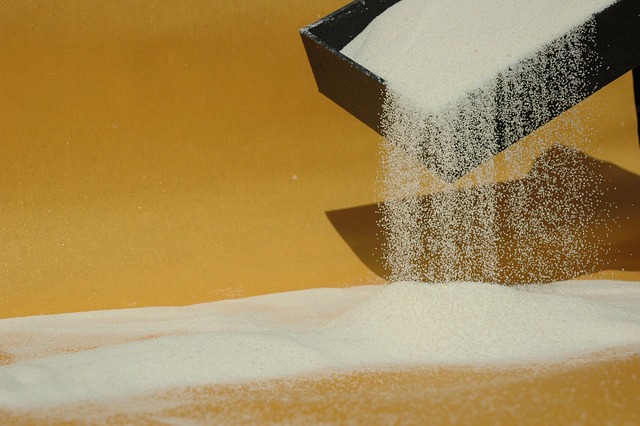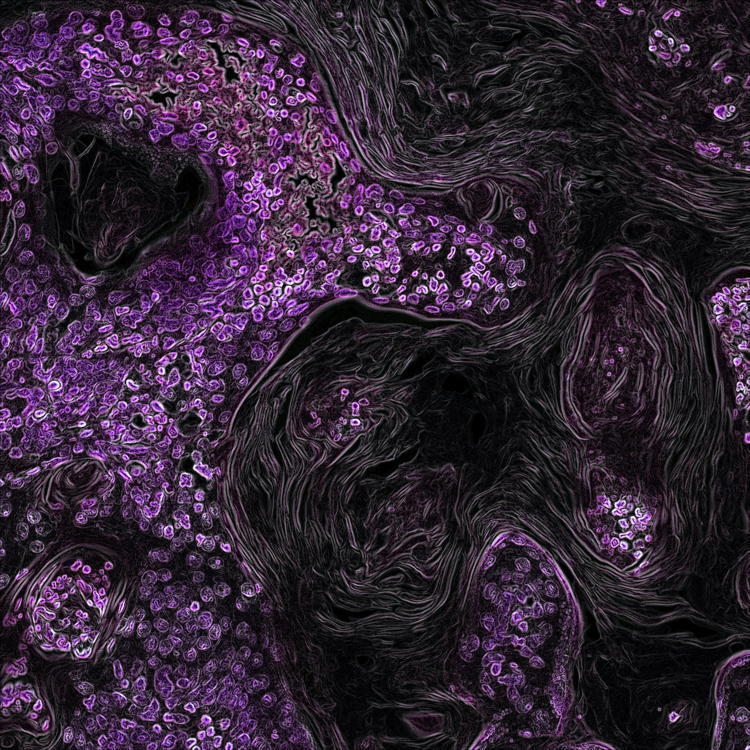Neurodegeneration in zebrafish embryos and adults after cadmium exposure

Submitted: 17 July 2017
Accepted: 3 October 2017
Published: 19 October 2017
Accepted: 3 October 2017
Abstract Views: 1921
PDF: 966
HTML: 135
HTML: 135
Publisher's note
All claims expressed in this article are solely those of the authors and do not necessarily represent those of their affiliated organizations, or those of the publisher, the editors and the reviewers. Any product that may be evaluated in this article or claim that may be made by its manufacturer is not guaranteed or endorsed by the publisher.
All claims expressed in this article are solely those of the authors and do not necessarily represent those of their affiliated organizations, or those of the publisher, the editors and the reviewers. Any product that may be evaluated in this article or claim that may be made by its manufacturer is not guaranteed or endorsed by the publisher.
Similar Articles
- M.L. Escobar, O.M. EcheverrÃa, G. GarcÃa, R. OrtÃz, G.H. Vázquez-Nin, Immunohistochemical and ultrastructural study of the lamellae of oocytes in atretic follicles in relation to different processes of cell death , European Journal of Histochemistry: Vol. 59 No. 3 (2015)
- Claudia Frick, Hanna Luisa Martin, Johanna Bruder, Kerstin Lang, Heinz Breer, Topographic distribution pattern of morphologically different G cells in the murine antral mucosa , European Journal of Histochemistry: Vol. 61 No. 3 (2017)
- A. Galia, A.E. Calogero, R. Condorelli, F. Fraggetta, A. La Corte, F. Ridolfo, P. Bosco, R. Castiglione, M. Salemi, PARP-1 protein expression in glioblastoma multiforme , European Journal of Histochemistry: Vol. 56 No. 1 (2012)
- Lan Wang, Zhenyu Fan, Haijin Wang, Shougui Xiang, Propofol alleviates M1 polarization and neuroinflammation of microglia in a subarachnoid hemorrhage model in vitro, by targeting the miR-140-5p/TREM-1/NF-κB signaling axis , European Journal of Histochemistry: Vol. 68 No. 3 (2024)
- Proshanta Roy, Ilenia Martinelli, Michele Moruzzi, Federica Maggi, Consuelo Amantini, Maria Vittoria Micioni Di Bonaventura, Carlo Cifani, Francesco Amenta, Seyed Khosrow Tayebati, Daniele Tomassoni, Ion channels alterations in the forebrain of high-fat diet fed rats , European Journal of Histochemistry: Vol. 65 No. s1 (2021): Special Collection on Advances in Neuromorphology in Health and Disease
- Kazuhiko Hashimoto, Yutaka Oda, Koichi Nakagawa, Terumasa Ikeda, Kazuhiro Ohtani, Masao Akagi, LOX-1 deficient mice show resistance to zymosan-induced arthritis , European Journal of Histochemistry: Vol. 62 No. 1 (2018)
- V. Pibiri, A. Ravarino, C. Gerosa, M.C. Pintus, V. Fanos, G. Faa, Stem/progenitor cells in the developing human cerebellum: an immunohistochemical study , European Journal of Histochemistry: Vol. 60 No. 3 (2016)
- Yong Jiang, Chun-hui Xu, Ying Zhao, Yun-han Ji, Xin-tao Wang, Ying Liu, LINC00926 is involved in hypoxia-induced vascular endothelial cell dysfunction via miR-3194-5p regulating JAK1/STAT3 signaling pathway , European Journal of Histochemistry: Vol. 67 No. 1 (2023)
- M. Riccio, E. Resca, T. Maraldi, A. Pisciotta, A. Ferrari, G. Bruzzesi, A. De Pol, Human dental pulp stem cells produce mineralized matrix in 2D and 3D cultures , European Journal of Histochemistry: Vol. 54 No. 4 (2010)
- Zhanshu Ma, Qi Gao, Wenjing Xin, Lei Wang, Yan Chen, Chang Su, Songyan Gao, Ruiling Sun, The role of miR-143-3p/FNDC1 axis on the progression of non-small cell lung cancer , European Journal of Histochemistry: Vol. 67 No. 2 (2023)
<< < 1 2 3 4 5 6 7 8 9 10 > >>
You may also start an advanced similarity search for this article.

 https://doi.org/10.4081/ejh.2017.2833
https://doi.org/10.4081/ejh.2017.2833










